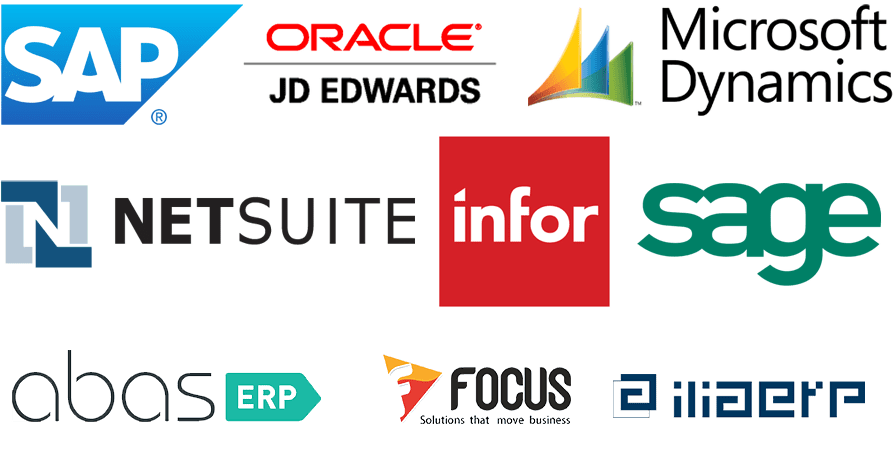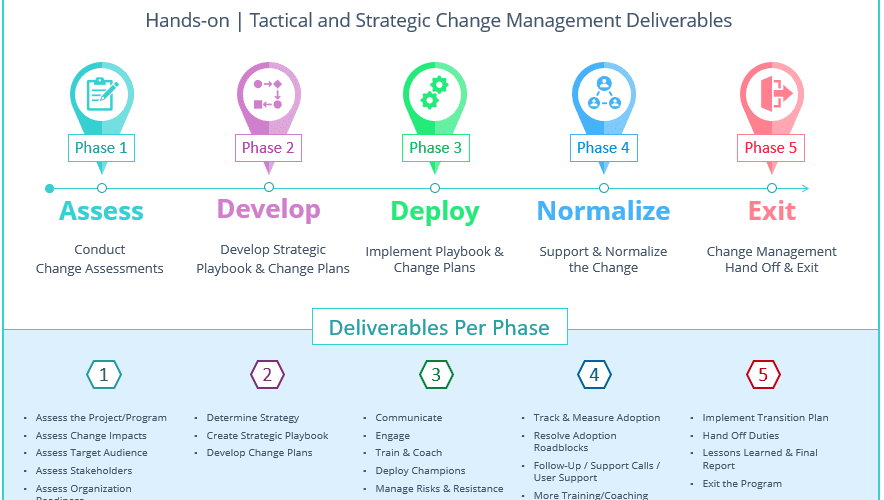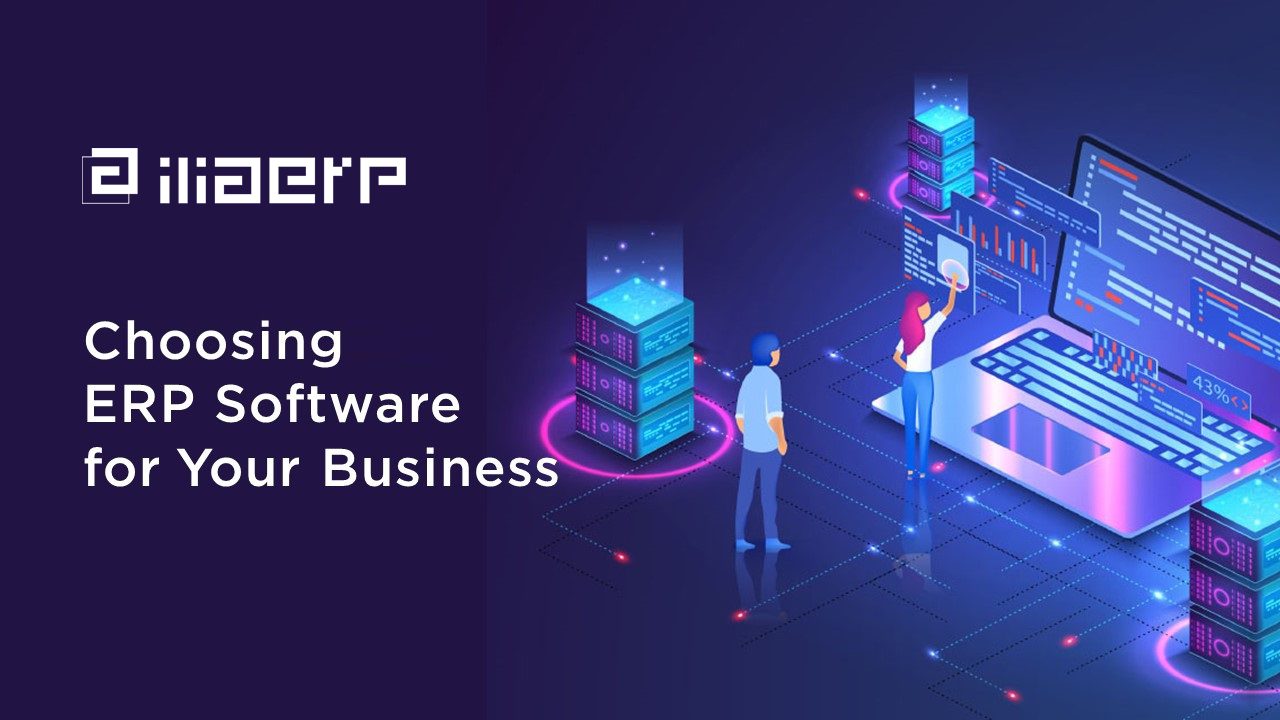A modern business environment requires ERP implementation strategies as an ideal tool to help fine-tune your business operations. With everything in one place and available, ERP systems can help integrate and run more smoothly all important business processes. bring significant rewards and increase opportunities now and in the future. But this is only possible if the system is implemented correctly.
Companies embarking on ERP must resist common mistakes that can cause confusion. Finally, they end up choosing a system with weak technical capabilities and unplanned deployment.
Click here to read full details about ERP software

7 successful ERP implementation strategies
When you decide to implement ERP, your concerns about budget, project delays and organizational disruptions are understandable. But all can be fixed and your business can still get back on track the moment your ERP system starts working at its full potential.
An unplanned approach can put you at serious risk of ERP project failure. Instead, a well-designed strategy and a realistic plan are what you need to see success without a doubt. If you want to make sure that your ERP implementation process runs smoothly and you get the most out of your new system. In this article, we introduce some critical best practices that you should follow when deploying the solution:
Appropriate range of ERP
The success of ERP implementation is defined in the way that the deployment is done on time and within the budget and at the same time brings a satisfactory return on investment.
When preparing for ERP, start by defining your business goals and requirements. To avoid wasting money or reducing productivity, start by identifying the processes involved and their shortfalls. Communicate with the appropriate personnel and seek their input to develop and scope your ERP implementation strategy.
Implementing a new system affects your entire organization. So be sure to prepare all relevant people using appropriate change management strategies before starting work.
While devising a successful ERP strategy is essential. You should also be aware that initially, the system may not be able to fully meet all the needs of your organization. It will gradually come to fruition. Here, getting the right ERP platform with the right components for your business will help you achieve your primary priorities first.

Choose the right ERP
Your ERP developer will become part of your business and work with you throughout the implementation and for years to come. Choosing the right partner is one of the most important components of your successful ERP implementation journey.
So, look for a partner who has a deep knowledge of their system. Have extensive experience working with companies in your industry and a solid reputation for implementing solutions within a defined timeline and budget.
Also, establish a strong business relationship with your ERP company to ensure the long-term success of your system. The bottom line is that your ERP software needs ongoing care and maintenance to keep it running at peak performance. Also only on one condition you can rely on your ERP partner, when you make sure that you have their support after implementation.

Executive management in ERP implementation strategies
Now that you know your business needs and have chosen your ERP vendor, it’s important to assign a project manager to oversee and ensure your deployment is on track. Your ERP vendor may assign you a project manager. However, if you appoint a dedicated internal executive or a team of selected individuals, it will help to minimize disruption to your business during solution integration.
Ideally, this person or team should be fully involved in the ERP deployment process from day one, working with the vendor to coordinate coding customizations, data conversions, application migrations, and training needs.

Adequate budgeting
As with any project, you need to create a reasonable estimate of your ERP implementation costs. Monitor them constantly and have strict control over them. Achieving this goal starts with creating a complete list of all the potential elements that could be part of your ERP implementation project.
Once the elements are known, the next step is to estimate the cost for each and prepare a realistic budget to include costs for software, hardware, staff, change management, training, and other resources. If you try to reduce the budget of necessary elements in an effort to improve your return on investment (ROI), it can potentially lead to the risk of project failure.
Change Management and Adequate Training
ERP implementation not only changes the system. Rather, it changes the way people do things. Therefore, it is important to educate users about the new system and processes to ease the transition. Without proper training, your end users can feel like they’ve replaced an old, outdated system with a newer one.
You must develop an ongoing communication strategy between the deployment team and end users. Involve them as the project progresses, and consider hiring a coach during and even after the system is implemented. All these things will help your employees to accept the change and your company will benefit from this transformation sooner.

Experienced Project Management & Project Team
There is a need for a core project team consisting of a project manager and people who are experts in their fields and have a solid knowledge of your business processes. Identifying the right resources is the cornerstone of a good team, and establishing their pre-defined responsibilities will ensure a successful ERP implementation.
Limit changes or customizations in ERP implementation strategies
An up-to-date ERP system is usually embedded with industry best practices to streamline business processes and collect data to accurately manage the organization. Too much customization has the potential to reduce the power of these practices. So, limit or avoid it. Focus only on critical business functions and ensure that their needs are adequately justified before considering customization. In addition, these changes will also increase the budget.
In this article, we introduced ERP implementation strategies.
We at Ilia have created the ability to support this software with maximum reliability by the technical team within the company by providing a valid license in the name of your organization from Focus Softnet and by institutionalizing the technical knowledge of this software in our company.
Click to get a free demo.




